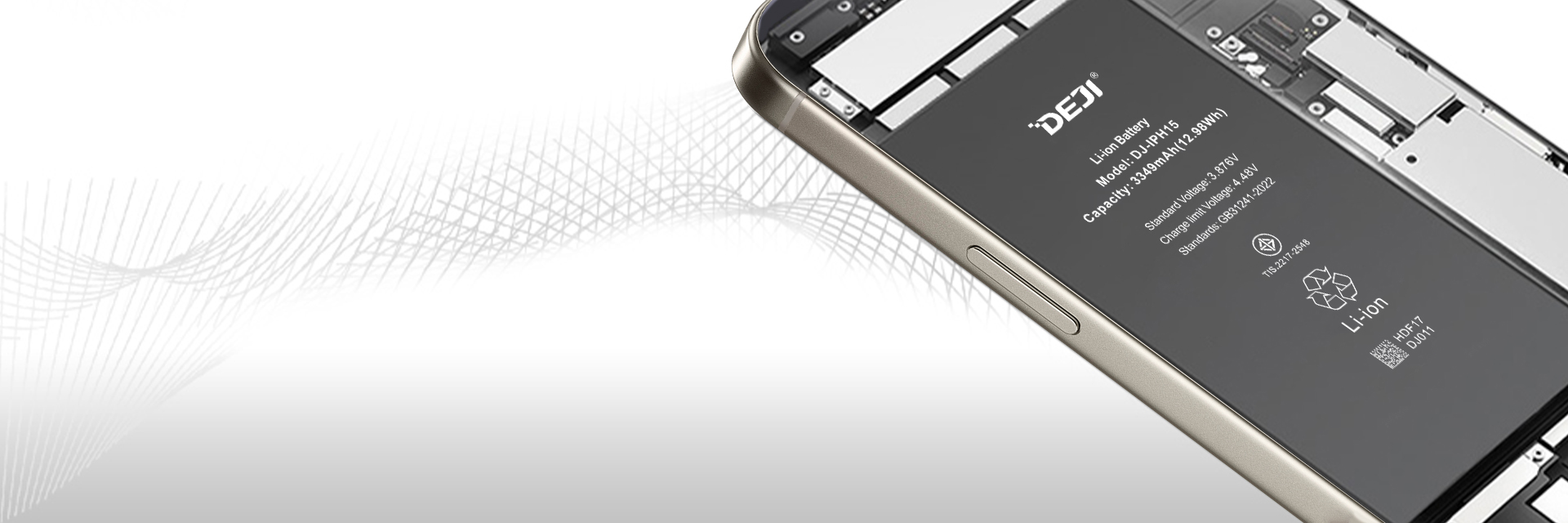A high-quality product undergoes rigorous quality testing before it hits the market, especially for products like lithium batteries, which are classified as hazardous materials during transportation. Understanding the necessary product quality certifications can help you avoid the losses associated with counterfeit batteries and quickly choose high-quality products, positively impacting your brand's reputation.
Typically, high-quality mobile phone lithium batteries need to pass the following certifications: CE, IEC 62133, CB, TUV, FCC, RoHS, and UN38.3.
CE Certification: EU Safety and Health Standards
CE (Conformité Européenne) certification is a mandatory mark for products sold in the European Economic Area (EEA). Any mobile battery manufacturer wishing to sell products in Europe must obtain CE certification and affix the CE mark on their products.
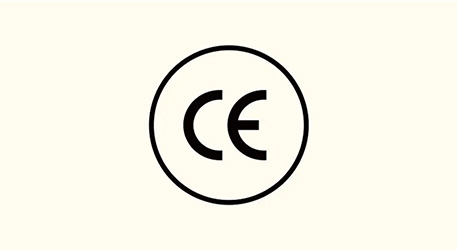
The CE mark indicates that the product meets the essential safety and health requirements of the EU, but it is not a quality certification mark and does not imply the product is of the highest quality. In China, CE certification is typically completed in collaboration with government-certified third-party testing companies and manufacturers.
IEC 62133 Certification: The Most Important International Standard for Lithium-Ion Batteries
IEC certification ensures that a product meets the standards set by the International Electrotechnical Commission (IEC) and passes the relevant tests and certifications. IEC 62133 certification, specific to lithium-ion batteries, is the most critical international standard for these batteries. Countries like Japan, South Korea, Thailand, and India have adopted IEC 62133 into their national standards, making it essential for market entry in these regions.
Compared to CE certification, IEC certification is stricter. Lithium batteries with IEC 62133 certification are recognized for their safety, performance, and reliability.
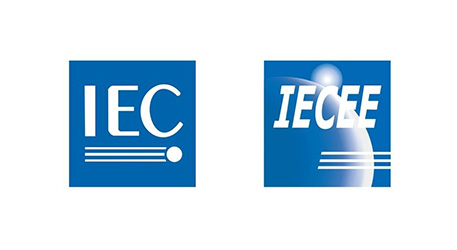
CB Certification: Universal Product Certification Among IECEE Member Countries
CB (Certification Bodies) Scheme, promoted by the International Electrotechnical Commission for Electrical Equipment (IECEE), provides a simplified and efficient certification process for electrical products. This international certification system helps reduce trade barriers due to different national certifications. Mobile lithium batteries that pass CB certification can circulate freely in member countries' markets.
TUV Certification: Comprehensive and Authoritative Quality Certification from Germany
TüV certification, offered by the German Technical Inspection Association (Technischer überwachungsverein, TüV), encompasses product safety, quality management, environmental management, and occupational health and safety. Founded in 1866, TüV Süd and TüV Rheinland are now globally recognized third-party certification and technical service companies. TüV certification signifies high quality and safety.
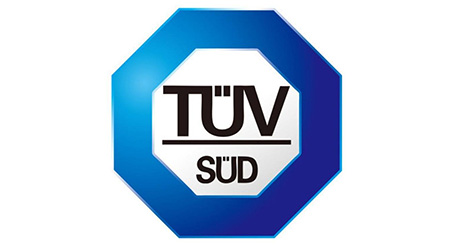
FCC Certification: US Quality and Safety Certification
The Federal Communications Commission (FCC) certification ensures the safety, compliance, and electromagnetic compatibility of wireless communication devices. Products that pass FCC certification are reviewed by certification bodies to ensure compliance and reliability in the wireless communication field. FCC-certified products can be sold in the US market and gain international recognition.
RoHS Certification: EU Hazardous Substances Compliance Certification
RoHS (Restriction of Hazardous Substances) certification is a mandatory EU standard regulating the materials and processes of electronic and electrical products. Effective since July 1, 2006, RoHS aims to eliminate six hazardous substances: lead, mercury, cadmium, hexavalent chromium, polybrominated biphenyls, and polybrominated diphenyl ethers. RoHS-certified lithium batteries are considered environmentally friendly and safe, having minimal impact on human health and the environment.
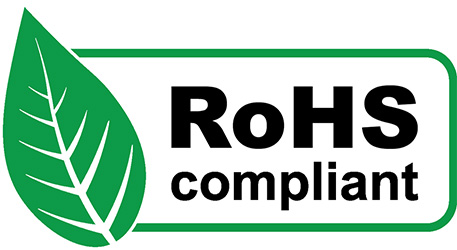
UN38.3 Testing: Applicable to Global Cargo Transport
UN38.3 testing is mandatory to ensure the safe transport of lithium batteries by air, sea, and land. The United Nations' Manual of Tests and Criteria Part III, Section 38.3, requires lithium batteries to pass tests such as altitude simulation, thermal cycling, vibration, shock, external short circuit, impact, overcharge, and forced discharge.
Other National Certifications
Many countries have their own testing standards, such as KC (Korean Certification) for South Korea and PSE (Product Safety of Electrical Appliance & Materials) certification for Japan.
- KC Certification: Mandatory for products sold in South Korea, ensuring safety, quality, and performance.
- PSE Certification: Japan's mandatory safety certification for electrical appliances, required for market entry.
For consumers, knowing whether a phone's lithium battery has passed these quality certifications is crucial, as it ensures safer device usage. Notably, DEJI batteries have passed all the aforementioned quality tests.
 sales@batterydeji.com
sales@batterydeji.com



